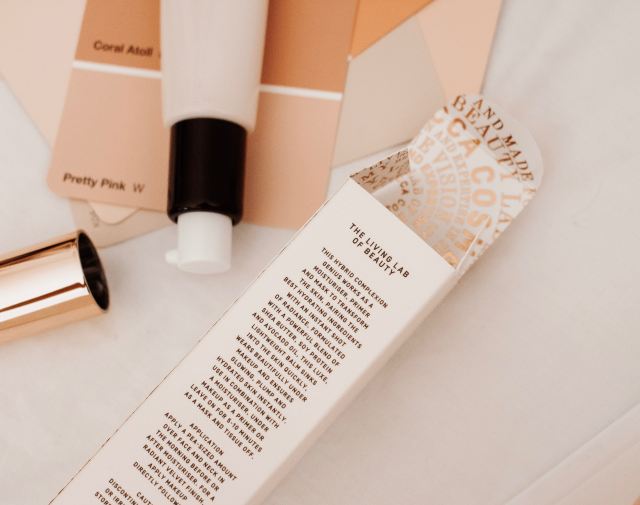
Australian personal care brand Natures Organics has launched ‘My Soda’, the first haircare brand in Australia to offer sustainable refill solutions in supermarkets, designed to curb plastic waste by almost 80 per cent, says GlobalData.
According to the data and analytics company’s consumer insights analyst Namrata Sain, “As consumers turn away from single-use plastics, manufacturers can leverage upon a plethora of innovative and sustainable refill designs, thereby reducing not only packaging waste but carbon emissions as well. Additionally, as refill packaging becomes aspirational, brands are also creating ‘memorable experiences’ through refills to bolster brand visibility.”
Natures Organics has also entered strategic collaboration with RedCycle to put a seal on refill pouches. This will help in upcycling the packages through their ‘return-to-store’ program at Woolworths Supermarket, which will later allow soft plastics’ conversion into furniture or playground equipment.
GlobalData’s research reveals that the market of haircare products with plastic pack material will steadily increase by a CAGR of 1.5 per cent between 2019 and 2024.
Therefore, Sain said instead of discarding the used plastic bottles in landfill and creating plastic pollution, the strategic move of circular economy by introducing refillable packaging will help in cutting down on single-plastic usage and prevent pollution by reducing the requirement to collect new raw materials.
This is in line with GlobalData Consumer Survey Q3 2019 findings, where 74 per cent of the consumers in Australia feel the refillable/reusable factor in product packaging to be of quite/extremely important.
“Personal care brands are setting high sustainability goals in combating the build-up of unusable, non-recyclable, and non-degradable waste,” Sain said.
For instance, she attributed an example from L’Oréal, which announced that by 2025, all its plastic packaging will be rechargeable, refillable, recyclable, or compostable.
Similarly, Estée Lauder also announced that by the same year, 75 per cent of its products will be recyclable, refillable, reusable, or recoverable.
However, Sain said a major challenge lies in attracting consumers towards refillable packaging, which may require some price discounting to modify the consumers’ purchasing behaviour. Also, reducing the usage of plastic in a meaningful way is contingent upon how most of the personal care players adopt this innovative refill solution and invest in new refillable packaging lines and formats.
“With sustainability and green consumerism at the forefront, refillable packaging is the way forward for manufacturers to save on costs and communicate to consumers that they are interested in values beyond profits,” she added.


